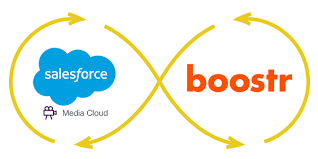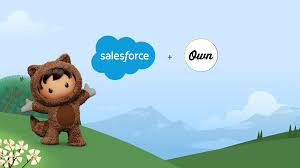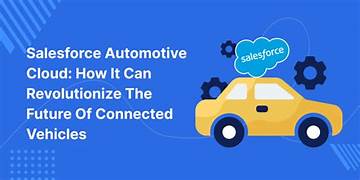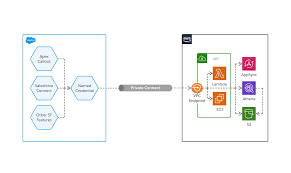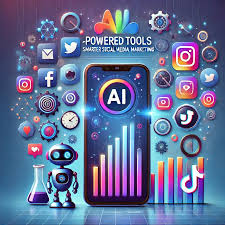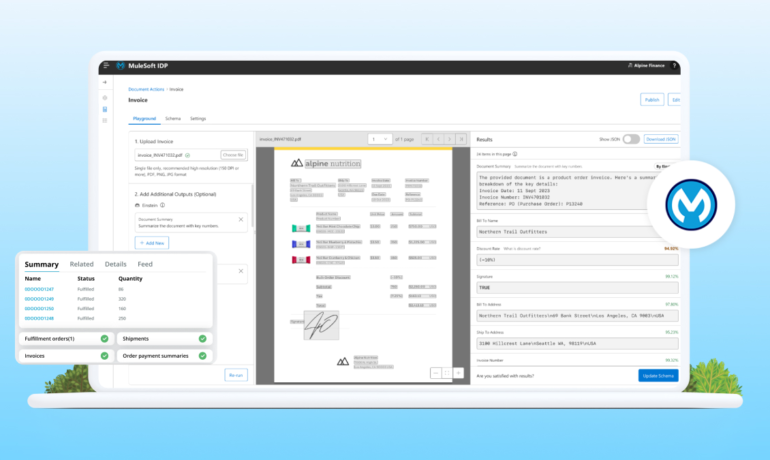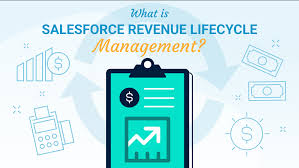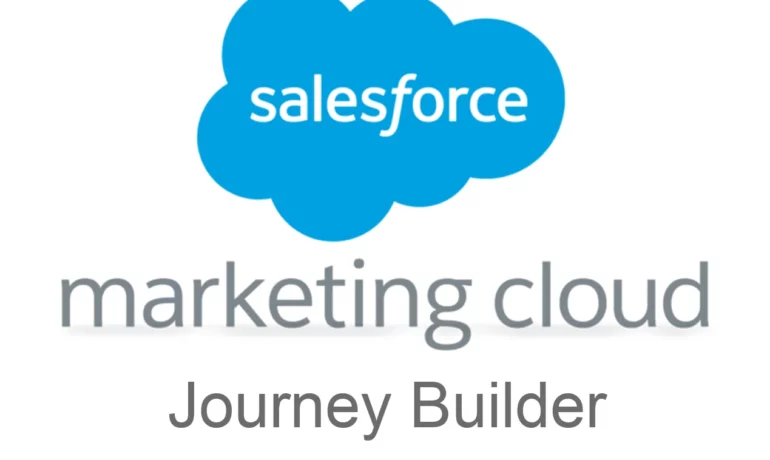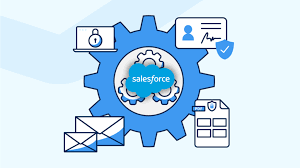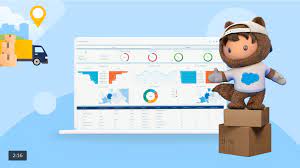Boostr and Salesforce
Boostr’s Automated OMS and Salesforce Media Cloud Aim to Deliver an AI-Powered Full-Service Advertising Management Solution NEW YORK, Sept. 12, 2024 /PRNewswire-PRWeb/ — Boostr, a leading advertising management platform for media companies, today announced that it’s teaming up with Salesforce, the #1 AI CRM, on a new integration that aims to transform the way media and entertainment companies manage their customer data and streamlines advertising sales operations. By integrating Boostr’s Order Management System (OMS) directly with Salesforce’s Media Cloud, together, the companies will provide mutual customers with faster time to value, better ROI, and more efficient ad campaign execution. Boostr’s OMS is reshaping media operations from proposal generation through planning, buying, reconciliation, and billing. By providing AI-powered proposal recommendations with Proposal-IQ, real-time inventory visibility, and more than 50 out-of-the-box workflow automations, Boostr’s OMS streamlines media operations for Ad Sales and Ad Ops teams. The goal of the collaboration is to provide mutual customers with a comprehensive end-to-end advertising sales solution for media companies of all sizes, including broadcasters selling across linear TV, digital, and streaming inventory, as well as retail media networks and digital publishers managing multiple sales channels. It will eliminate dual data entry by automating the opportunity-to-order process, providing delivery data back to Media Cloud and keep all master data in sync automatically across both platforms. “We’re excited to collaborate with Boostr to offer media & entertainment companies a comprehensive platform to help their teams simplify and automate converged advertising operations.” – Christopher Dean, SVP and GM for Communications, Media & Entertainment at Salesforce.Post this “We are thrilled to integrate with Salesforce’s Media Cloud on behalf of our mutual customers,” said Patrick O’Leary, CEO of Boostr. “This integration is a significant upgrade as Media Cloud and Boostr’s data model are highly aligned resulting in a more turnkey, faster time to value solution.” “In today’s increasingly fragmented advertising ecosystem, media and entertainment companies are looking to automate advertising sales and campaign management processes to enhance operational efficiency across their monetization streams,” said Christopher Dean, SVP and GM for Communications, Media & Entertainment at Salesforce. “We’re excited to collaborate with Boostr to offer media & entertainment companies a comprehensive platform to help their teams simplify and automate converged advertising operations.” For more information, please visit: http://www.boostr.com. Salesforce, Media Cloud, and others are trademarks of Salesforce, inc. *Disclaimer: Any unreleased services or features referenced here aren’t currently available and may not be delivered on time or at all. Customers should make their purchase decisions based upon features that are currently available. About Boostr:Boostr is the leading provider of advertising management platforms for publishers and media companies. Boostr’s unified platform streamlines sales, finance, ad ops, and RevOps workflows, enabling businesses to close deals faster, automate tasks, and gain real-time financial transparency. For more information about Boostr, go to http://www.boostr.com. Like Related Posts Salesforce OEM AppExchange Expanding its reach beyond CRM, Salesforce.com has launched a new service called AppExchange OEM Edition, aimed at non-CRM service providers. Read more The Salesforce Story In Marc Benioff’s own words How did salesforce.com grow from a start up in a rented apartment into the world’s Read more Salesforce Jigsaw Salesforce.com, a prominent figure in cloud computing, has finalized a deal to acquire Jigsaw, a wiki-style business contact database, for Read more Health Cloud Brings Healthcare Transformation Following swiftly after last week’s successful launch of Financial Services Cloud, Salesforce has announced the second installment in its series Read more

